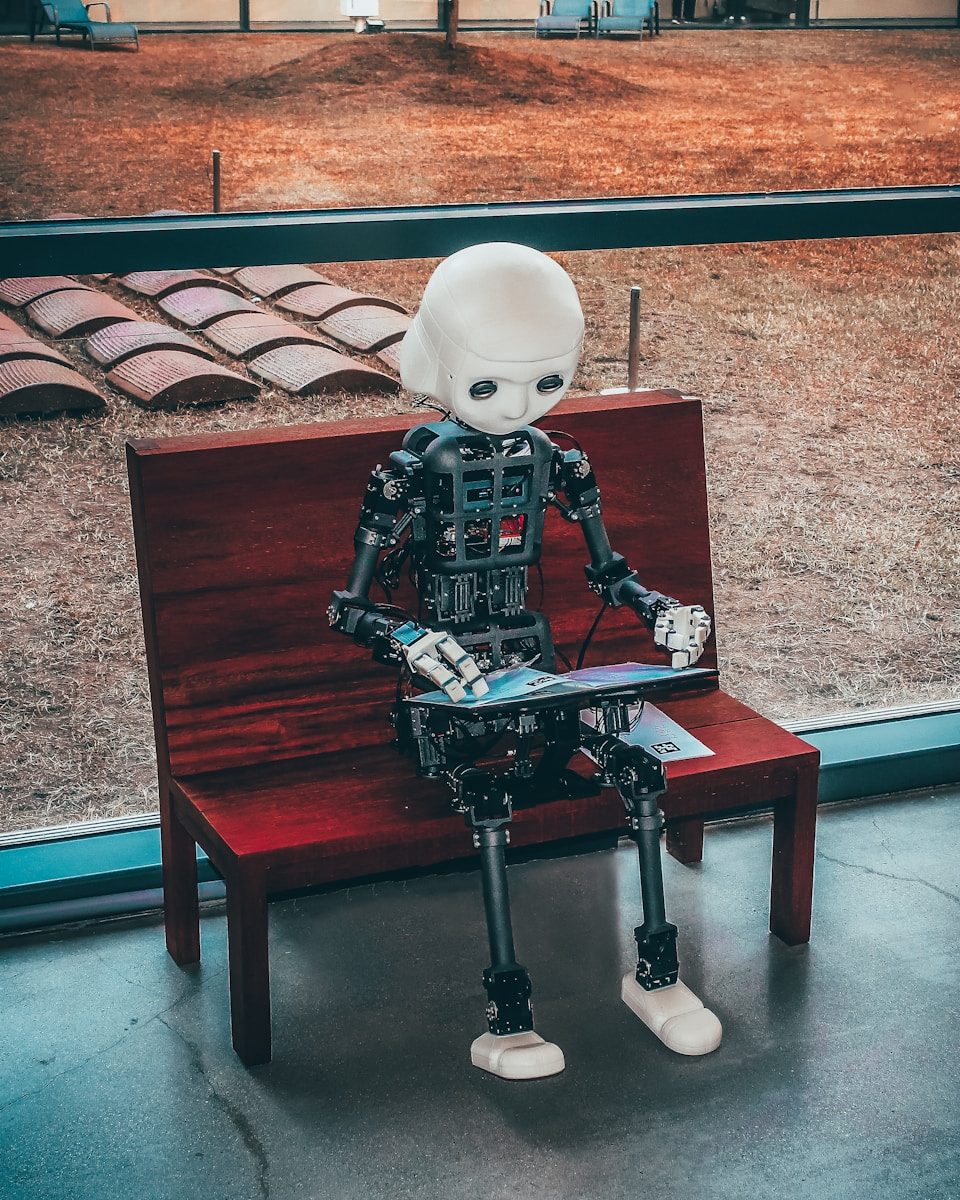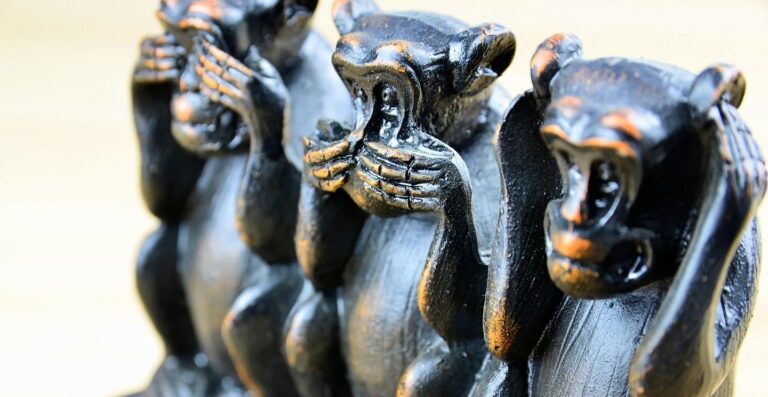Unlocking the Secrets of Longevity Part II: Your Epigenetic Library Books
By Ryan Castle
As we delve deeper into an exploration of longevity, we shift our gaze from the foundational pillars of sleep and nutrition to a groundbreaking realm that interweaves our very genes with the fabric of our daily lives: epigenetics. This cutting-edge field unravels the profound ways in which our environment and lifestyle choices can whisper to our genes, influencing their expression without altering the genetic code itself. It’s a narrative that propels us beyond the confines of our DNA, suggesting that the script of our health and longevity may be more malleable than once thought.[1]
These are a lot of complex ways of saying you have a choice in your own health. Picture your genome as an extensive library, a collection of all the books of life. Yet, not every book sees the light of day. Epigenetics is akin to the librarian, orchestrating which books are brought forth and read. Our lifestyle choices—ranging from stress management to physical activity—don’t merely affect our immediate health; they can influence which books from our genetic library we are checking out.
Our daily habits have power, they represent our ability to influence how our bodies react to the world. Our everyday choices send ripples across the epigenetic pond, influencing which genes are silenced and which are voiced. It’s a realization that imbues our everyday decisions with newfound significance. By embracing a lifestyle that nurtures our well-being, we’re not merely enhancing our present; we’re potentially editing our genetic narrative and printing these benefits for the future.[2]
Stress, an inescapable shadow in our fast-paced lives, can etch its mark deep into our epigenetic code.[3] Chronic stress can trigger epigenetic changes linked with mood disorders, neurological decay, and chronic disease, suggesting that managing our stress isn’t just about feeling better in the moment—it’s about communicating our lifestyle to our genes.[4] The vitality of regular physical activity also resonates throughout our epigenome. Exercise, a testament to our body’s remarkable adaptability, can promote beneficial epigenetic alterations in our muscles.[5] It’s a dialogue between movement and our genetic material, a conversation that can shape our health trajectory and the quality, even duration of our lives.
As we continue to explore the enigmatic passages of longevity, let’s recognize the power we hold in our hands. Each decision, each habit, each step we take is a page from one of the books in our epigenome, telling a story that will resonate through the hallways of our genetic library. It’s up to us what we read, and what we do with the stories we build for ourselves.
[1] Berger SL, Kouzarides T, Shiekhattar R, Shilatifard A. An operational definition of epigenetics. Genes & development. 2009;23(7):781-783.
[2] Househam AM, Peterson CT, Mills PJ, Chopra D. The Effects of Stress and Meditation on the Immune System, Human Microbiota, and Epigenetics. Adv Mind Body Med. 2017 Fall;31(4):10-25. PMID: 29306937.
[3] Chrousos GP. Stress and disorders of the stress system. Nature reviews Endocrinology. 2009;5(7):374-381.
[4] Urdinguio RG, Sanchez-Mut JV, Esteller M. Epigenetic mechanisms in neurological diseases: genes, syndromes, and therapies. The Lancet Neurology. 2009;8(11):1056-1072.
[5] Nitert MD, Dayeh T, Volkov P, et al. Impact of an exercise intervention on DNA methylation in skeletal muscle from first-degree relatives of patients with type 2 diabetes. Diabetes. 2012;61(12):3322-3332.







